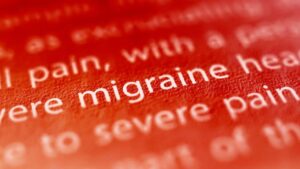HOW TO LOSE WEIGHT FAST

“how to lose weight fast and simple science based steps of losing weight”
SIMPLE STEPS LOSING WEIGHT
REDUCE CALORIES AND STARCHES
Consume lean protein, healthy fats, and vegetables
A protein source, a balanced fat source, a complex carb source and vegetables should be included in – meal. Consume two to three meals a day as a common rule. Though hunger can continue into the afternoon, consider including a fourth meal5r. By structuring meals in this manner, carbohydrate consumption can be reduced to approximately 20–50 grams each day. Protein can be consumed in large quantities since it is a necessary component of the plan. There is evidence that consuming a high protein diet can increase daily calorie consumption by 80–100 calories. Consequently, high protein diets have been shown to significantly reduce food cravings and obsessive thoughts regarding food by 60% and to eliminate the urge to feed late at night by half. According to one study, individuals who ate a greater protein diet ingested about 440 less calories per day.. Protein can make people feel full by regulating appetite hormones. Additionally, research on young adults has shown that the hormonal benefits of a high-protein breakfast will last many hours. Protein is a critical nutrient to consider while dieting. Safe protein sources include meat, poultry and seafood such as salmon, trout, and shrimp, as well as eggs and plant-based proteins such as beans, legumes, and soy.
Vegetables with low carbohydrate content
They are carbohydrate rich and can be eaten in large amounts while also maintaining a daily carbohydrate intake of 20–50 net carbs. A diet rich in lean protein and vegetables supplies the required fiber, vitamins, and minerals for good health. Numerous plants, such as broccoli, cauliflower, spinach, kale, and cabbage, are poor in carbohydrates.
Fats that are beneficial.
Weight lifting
Yogism
ABOUT THE AUTHOR
KSENIA SOBCHAK
Cosmetologist/Dermatologist, Clinical
Nutritionist – Central Saint Martins, BA (HONS)




